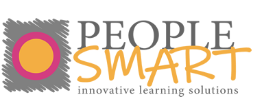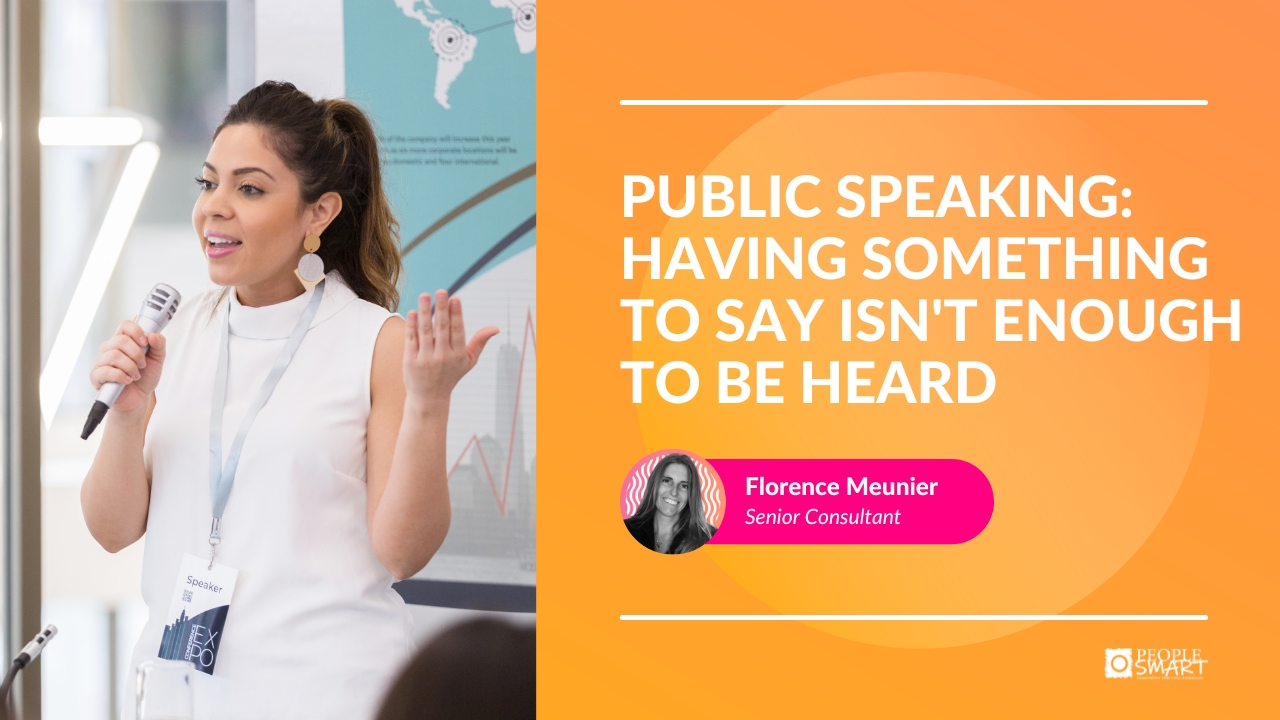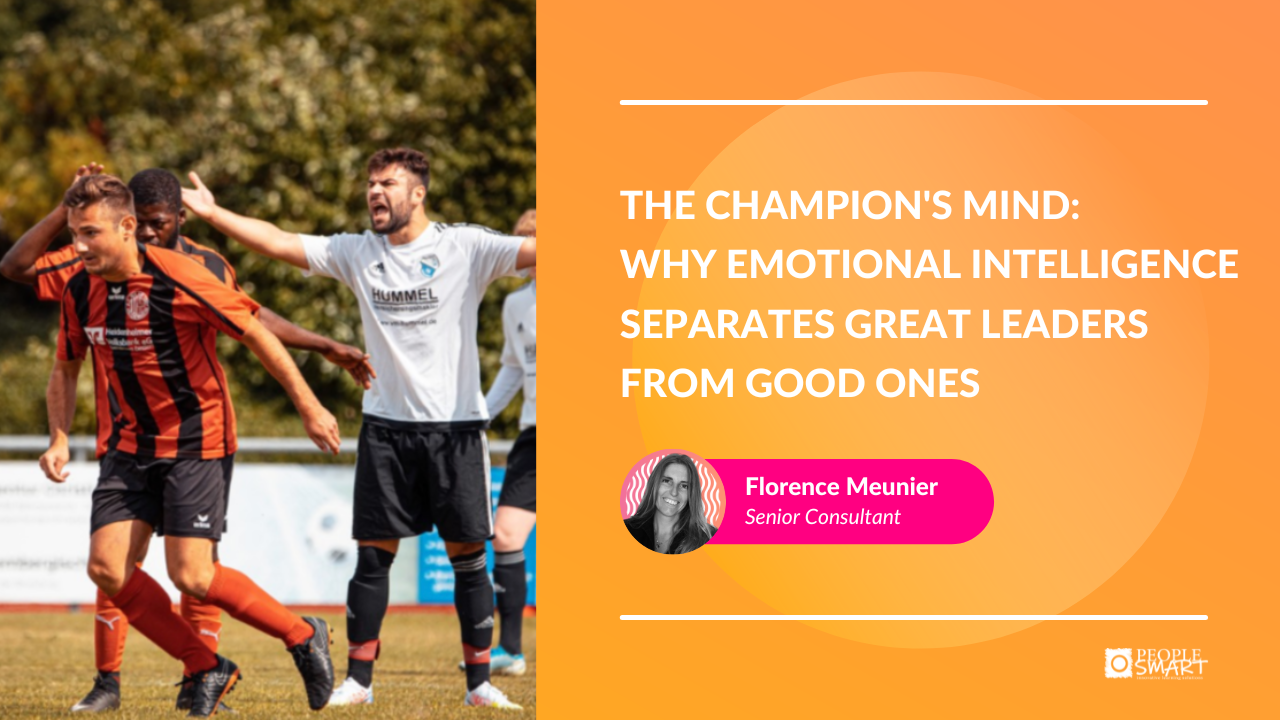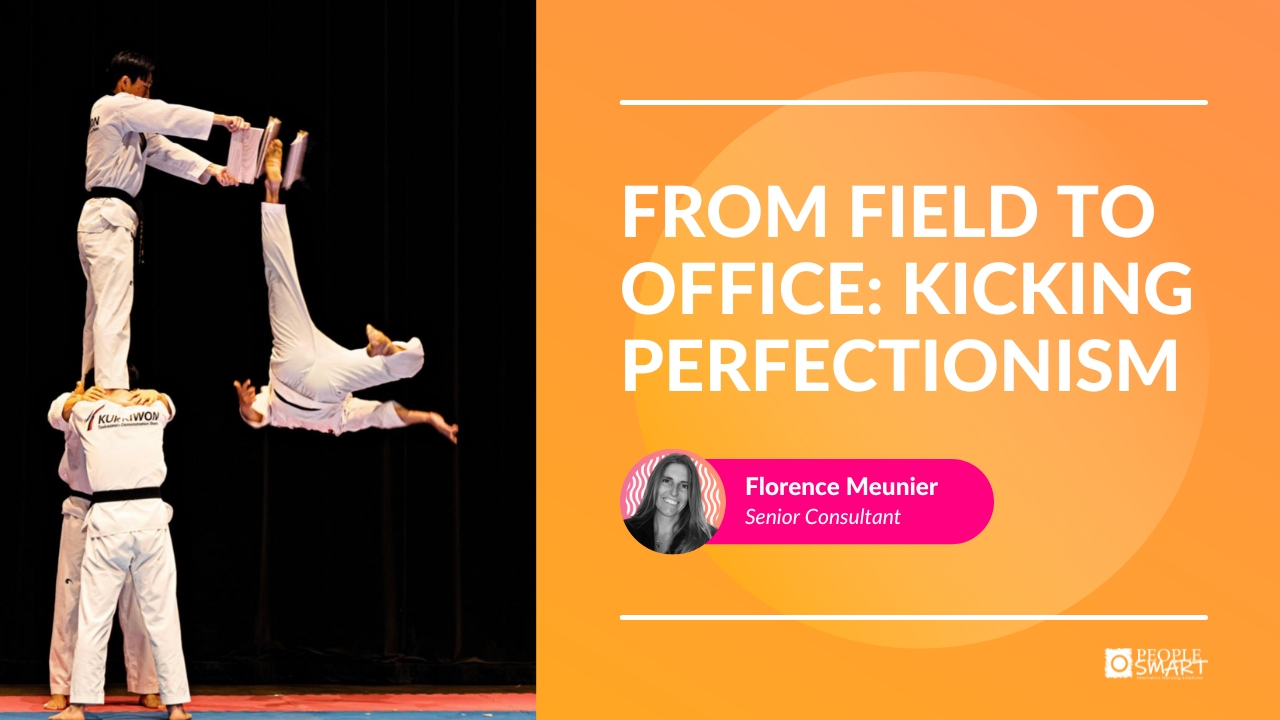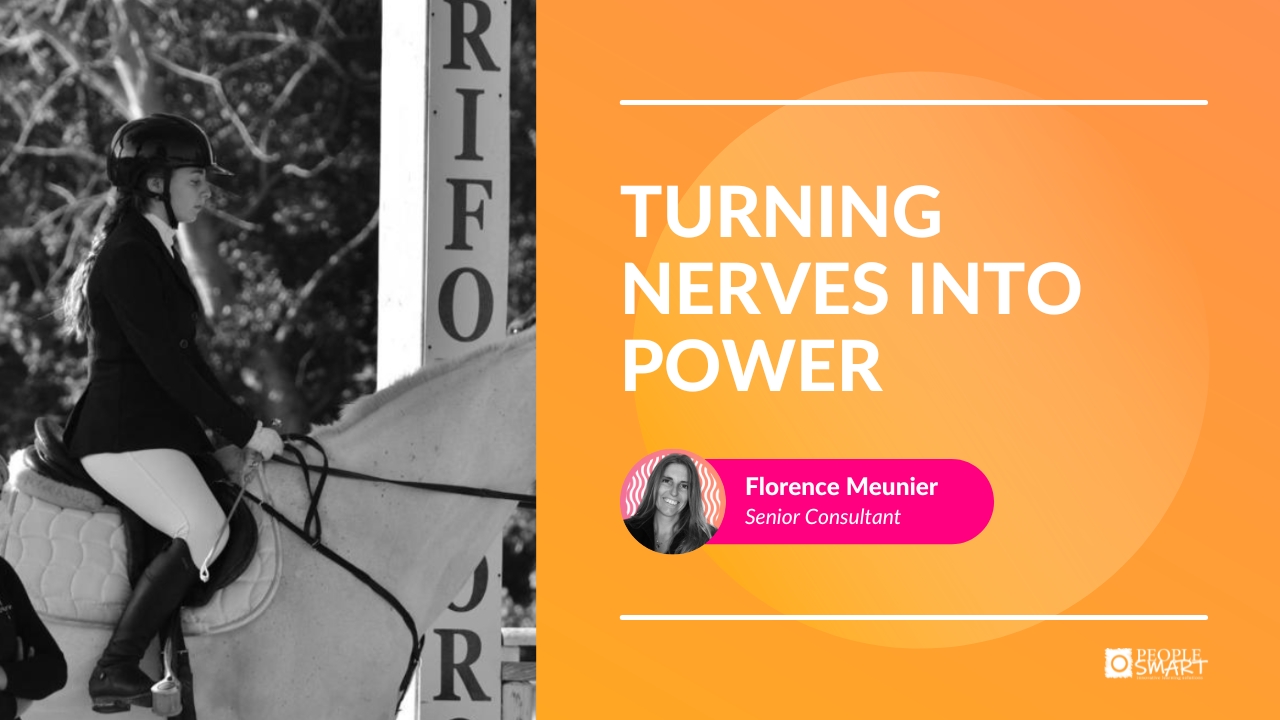Dear Genos E.I Practitioners,
We hope you had a great start into the New Year. We wish you all to discover, grow and spread light in your work and in your life. Happy 2020!
With this in mind, our focus in this first EI Newsletter this year, is Selfawareness, the fundamental EI competency. We will share with you an article written by one of our best coaches and a very interesting Case-study. Then, some exciting news on our next trainings on EI.
Happy reading!
The article we would like to highlight this time focuses on the first and foremost EI competency, Self-awareness. This choice of words is deliberate as, to be able to demonstrate all the other EI competencies, we need to develop higher levels of Self-awareness in all aspects of our life and work. Think of Self-awareness as the starting point of all Emotional Intelligent behaviours. In fact, I really like the title of Michael Bank’s article: A great leader’s primary responsibility: to be self-aware. It is a responsibility indeed!
Here follows an expert. Should you wish to read the whole article, please visit Michael Banks’ LinkedIn Page here.
“The foundation stone and ‘sine qua non’ of Emotional Intelligence is Self-Awareness. It is the basis of great leadership. The kind of leadership that creates a safe environment in which people can freely express themselves, learn together and achieve amazing things. The kind of leadership that inspires commitment, loyalty and love. Leadership that engages employees at all levels.
Let’s explore how self-awareness leads to this kind of leadership.
The practice of Mindfulness is popular these days and is about developing the capacity to observe one’s feelings and thoughts as they flow one’s present reality. However, being mindful and self-aware is a state of being not doing.
How can we apply self-awareness in a very practical behavioural way to leadership? What skills related to self-awareness can be effectively employed in organizational life?
The key is to be ‘present’ at any time and in any place, whatever you’re doing. Pay attention in the moment to the feelings you experience in your body, the emotions, body sensations and the thoughts and judgements that are passing through your mind.
Greater self-awareness has practical ramifications in organizational life. If your desire as a leader is to enrol your people in collaborating to create a learning environment it’s important to be aware of the thoughts and feelings that may trigger you to cause negative outcomes. Stress can lead to poor communication behaviours, unless you are self-aware enough to know how it’s affecting you and how it can bleed out into the way you speak to others around you. Then you can manage yourself accordingly.
Apart from being present and mindful, feedback is the most important way in which one can develop self-awareness. A very senior executive at a global bank had a reputation for being a cold, insensitive bully and, criminally, none of her managers had ever given her feedback about her impact. Her behaviour was causing massive organizational problems affecting thousands of employees. She spent a very shocking and painful day listening to the verbatim feedback comments of colleagues around her. After this transformational experience her PA, who she reduced to tears on a regular basis, called me to ask what magic I had used to change her. She had gone into the office the day after the feedback session and the executive had hugged her and apologized for all the hurt, she had caused. And the culture of polarizing fear and breakdowns in communication across divisions began to disappear to the benefit of the whole global division of the bank. No magic: just powerful feedback had caused this shift in self-awareness.
Of course, these are extreme examples of feedback and a learning organization is one in which giving and receiving feedback on a regular basis is encouraged from the top down to engender learning and growth.
The leader sets the tone for a feedback rich culture and his/her job is to minimize fear. Co-creation and collaboration throughout the organization only occurs when you can trust that it’s OK to admit mistakes, as well as take up unpopular positions, criticize ideas, policies and strategies held by others especially senior leaders. This requires the leader to be aware of his or her own defensiveness, insecurity and so on and welcome feedback instead of suppressing and punishing. A leader who is self-aware and employs that awareness effectively in service of his or her organization tends to be compassionate, empathetic, humble, authentic and can laugh at themselves. This endears him or her to people and inspires them to give of their best.
A high degree of self-awareness in leaders can make a massive difference to organizational culture and performance.”
